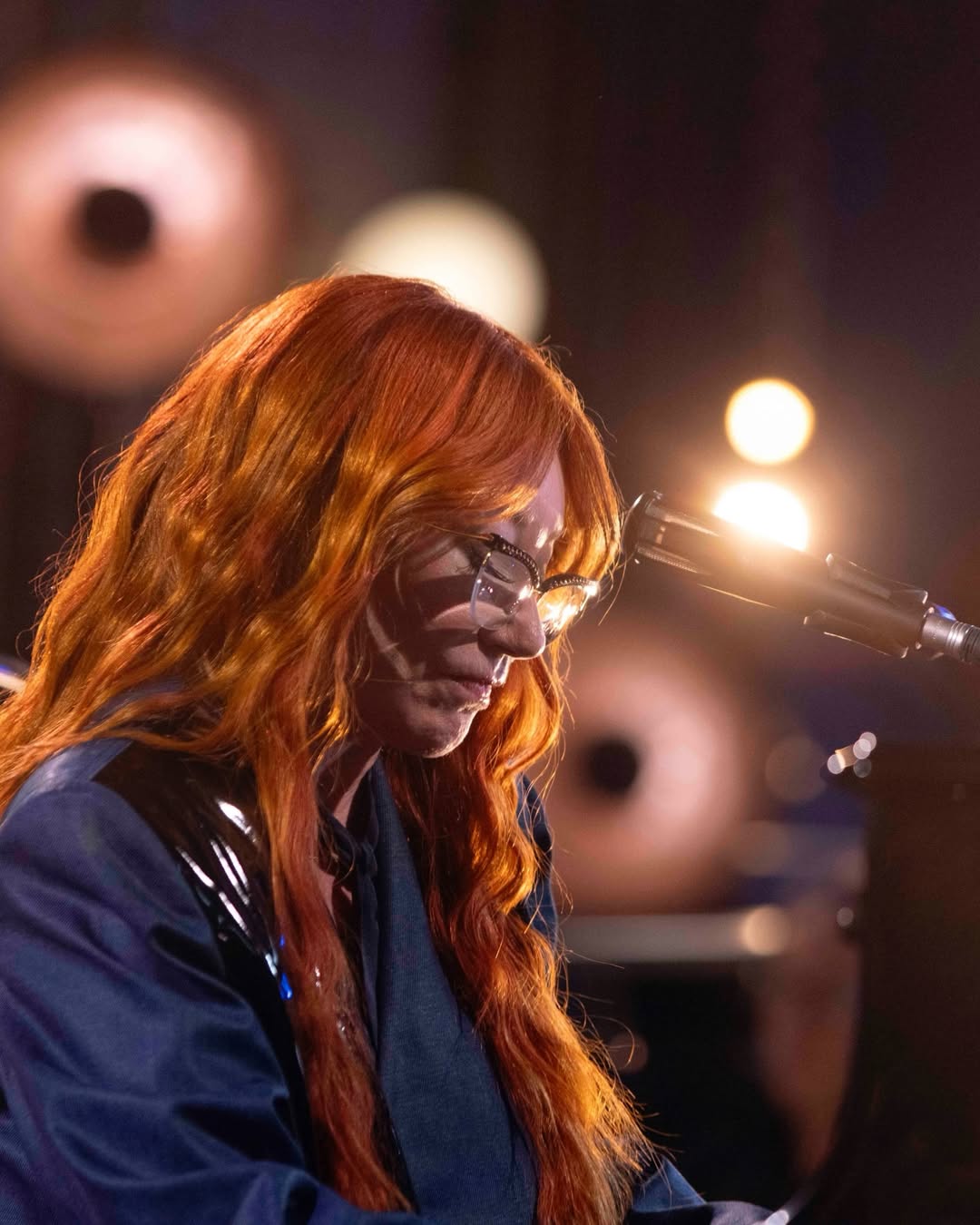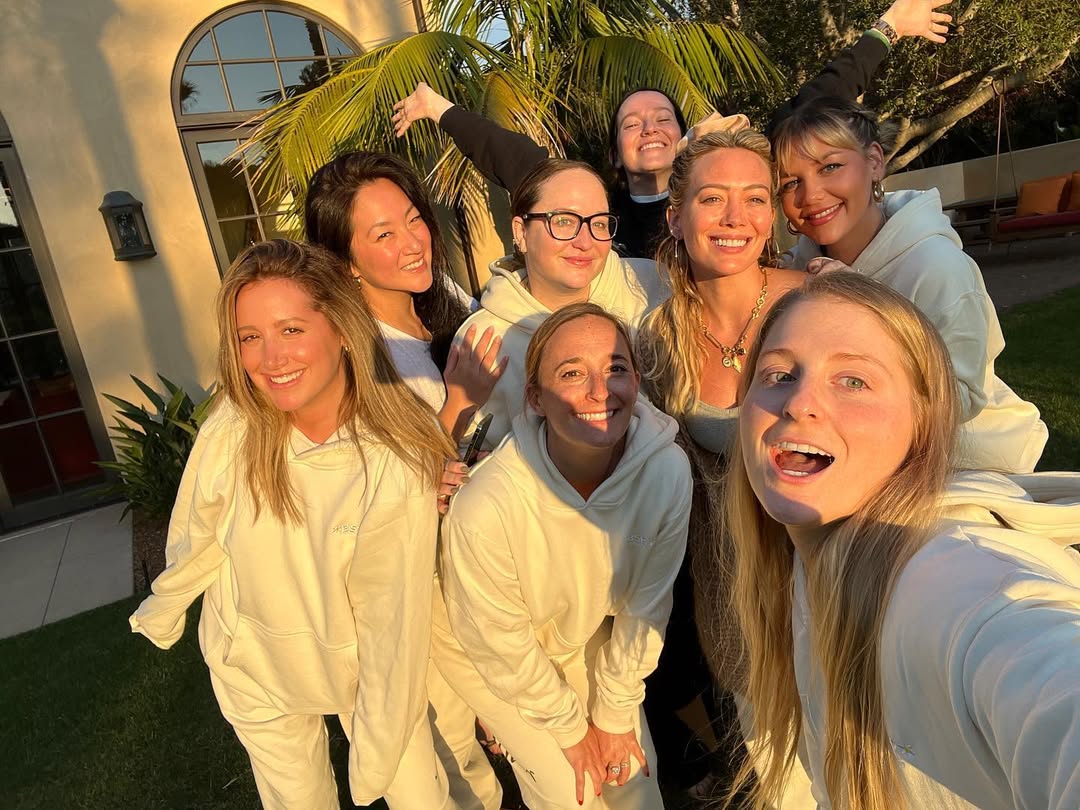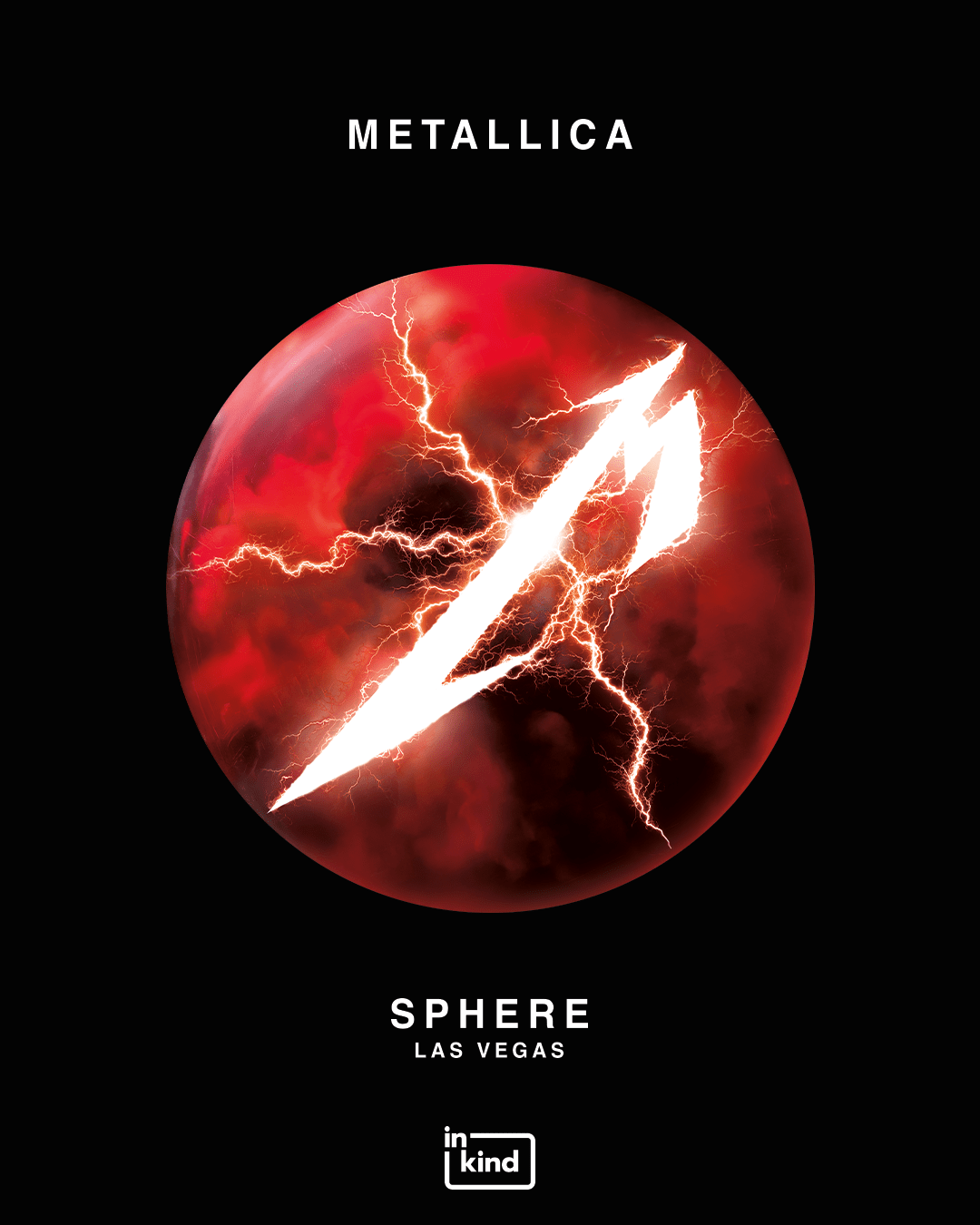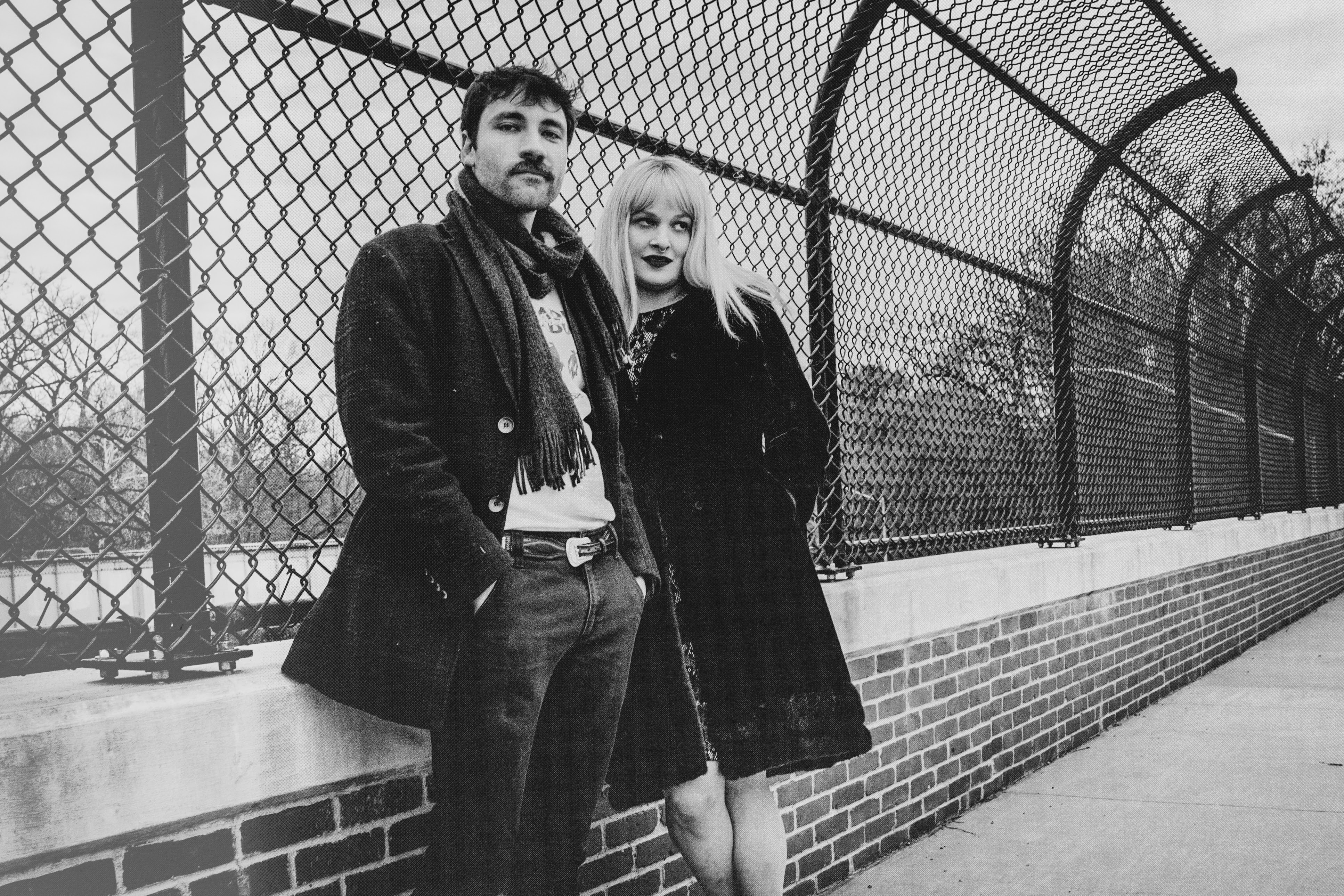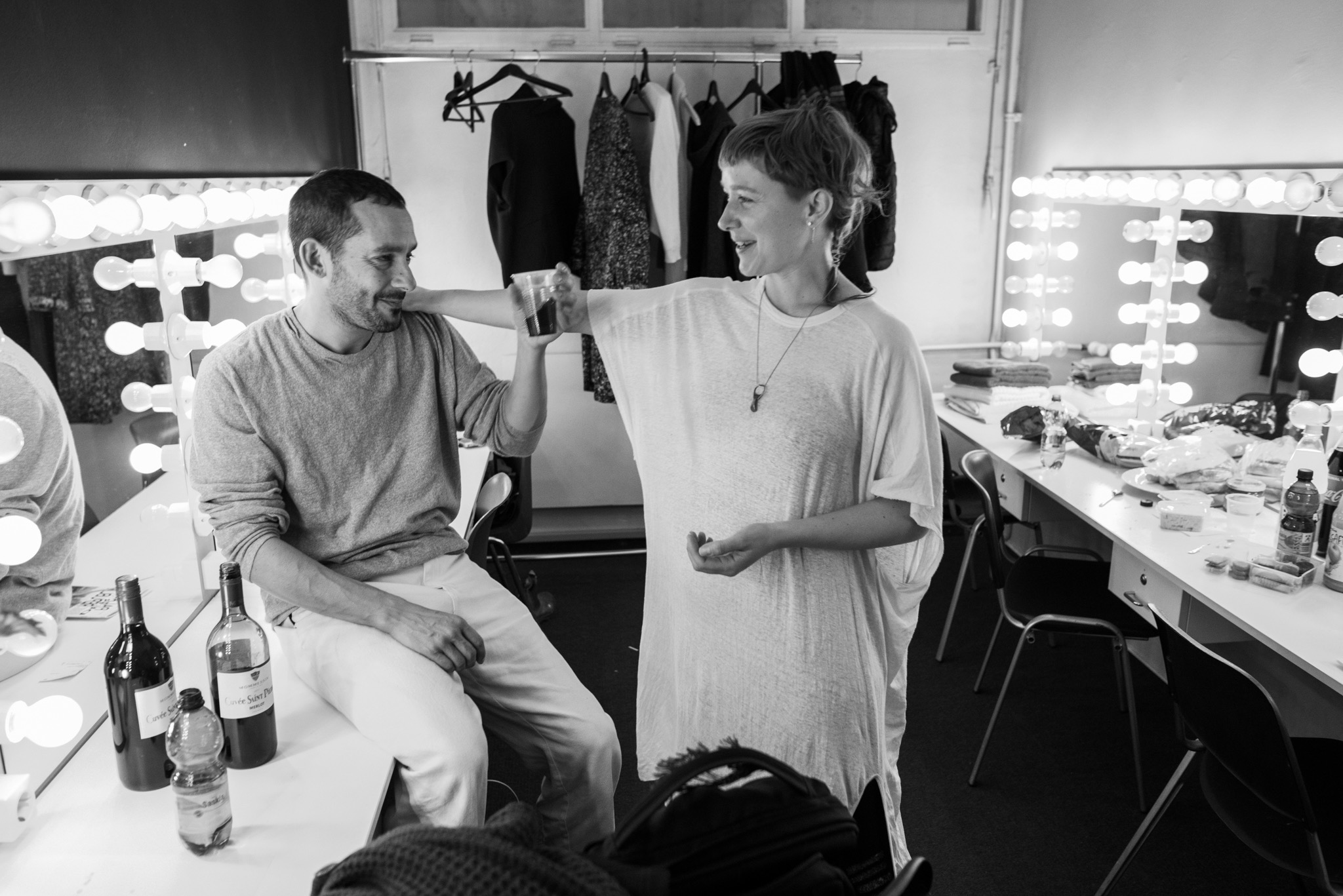In 1997, Matador Records released a double CD/LP compilation entitled What's Up Matador. In addition to tracks from indie royalty like Pavement, Spoon, the Fall, Cat Power, and Guided By Voices, the comp came along with a VHS featuring a glorious episode of a fake kids' show, also called What's Up Matador, hosted by TV presenter Bill Boggs. The faux-educational video, shot in front of a live studio audience of New Jersey elementary school kids and written/directed by Chavez guitarist Clay Tarver, features segments like Yo La Tengo's Ira Kaplan explaining his pedalboard setup, Jon Spencer playing the theremin, and a very clearly fake "Q&A session" with Liz Phair. Today, in conjunction with the launch of their new "This Day In Matador History" interactive website, Matador have released the video online for the first time, and you can revel in its ridiculousness below.
[videoembed size="full_width" alignment="center"][/videoembed]
DangerousMinds interviewed the video's writer/director Clay Tarver and Matador co-founder Gerard Cosloy about its origin, and you can check out what they have to say about it below.
Clay Tarver:
I had been doing some video work, and when Matador was going to put together this compilation, I pitched this video idea because I wanted to do more of that. I really racked my brain about what would be the most ridiculous thing to do, and the idea I started with was to do a sort of Reading Rainbow type show. It seemed funny to me to have someone like Jon Spencer sitting down reading to a bunch of kids, but to do it in a way that made more fun of Jon Spencer than it did the kids. Then it all came together when we cast Bill Boggs with the idea to make it as straight as possible. The guiding creative principle was to make it not winking or campy, but to do it like a real show. Bill knew Matador was a hip thing, and while we didn’t want to fuck with him or make him the butt of the joke, we also didn’t want to correct him in those moments when he wasn't entirely clear on how sarcastic this would be, that we were making fun of indie music as much as we were making fun of kids' shows.
Gerard Cosloy:
We wanted to do a Matador compilation similar to things like the Warner Brothers Loss Leader comps, Blasting Concept, Wailing Ultimate, as a cheap introduction to the wonderful world of Matador, and we needed a concept. We had the idea to do an accompanying video just cobbling together a bunch of videos from the period, but that wasn’t very ambitious, so we wanted to have a narrative to it. We kept thinking about infomercials and instructional films, and we also thought about very awkward situations, like how this could be for children, like a child’s primer on the world of Matador, or record manufacturing and whatnot, just to add to the incongruity of the whole thing. Clay understood the idea right away. Some of the vague inspirations included the WOR TV show Wonderama, Uncle Floyd, Major Mudd, these sorts of kids shows with very poor production values, that are a little too earnest and a little wrong.
We were initially thinking of going for the laugh factor instead of playing it deadpan, and one of us—meaning me -- had my heart set on Richard Bey, who was a shit-TV fixture on the East Coast from that era, who had a very exploitative, silly show. I thought he’d be perfect because he was so smarmy and creepy and weird, the least hip human being in the entire world. Having him in front of a room full of kids talking about music would be wrong in every conceivable way. His casting agency wanted some astronomical amount of money for him, they wanted something like $15,000. I think we budgeted something closer to $3,000. The agency suggested Bill Boggs, which was kind of incredible, because in a lot of ways he was a much bigger coup with a way more respected resume. He’s hosted daytime TV, he had a late night show in New York, I think he was the original executive producer of The Morton Downey Jr. Show. His credentials a both a totally generic host and as a guy who’d worked on really wacky TV was impeccable. He was just perfect for the job, because he was so deadpan that it made for much better comedy. Bill gave it a measure of gravitas -- and it doesn't make any sense, because there’s no way you could watch this and think it was real!

